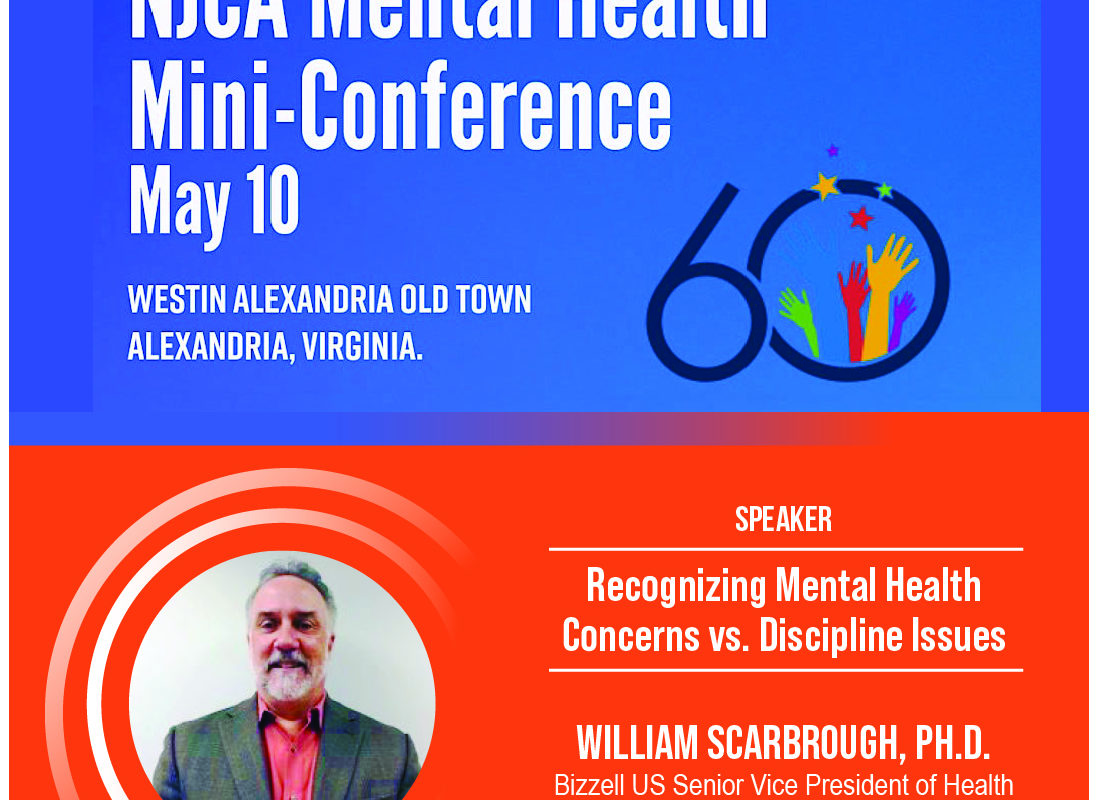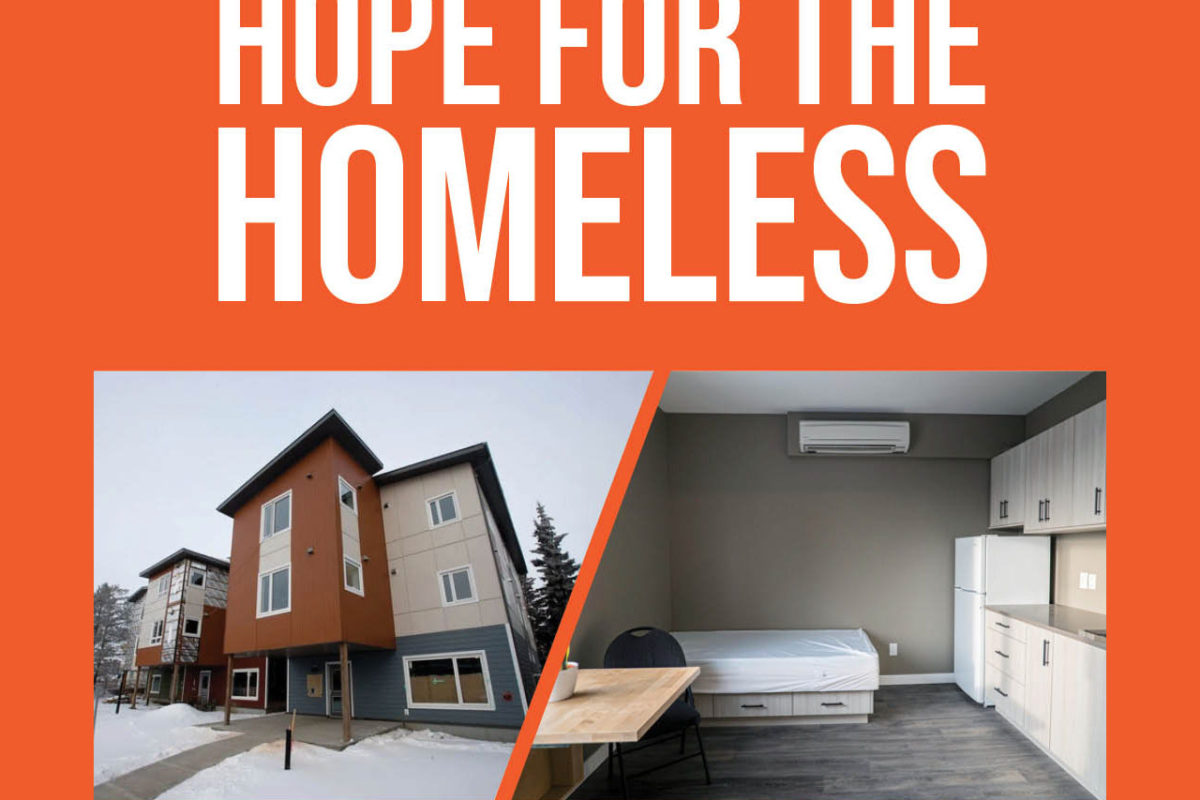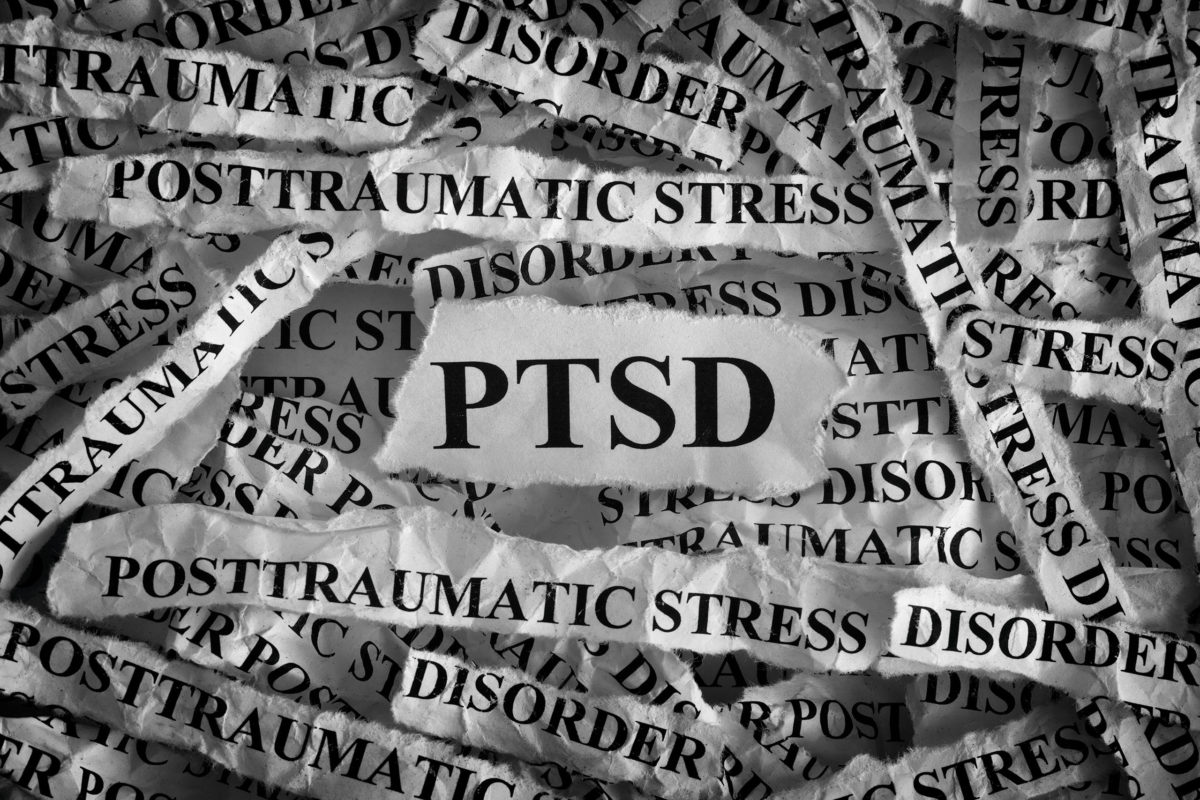Supporting Mental Health
Is the Key to Happiness and Well-being
Experts Gather at Job Corps Event for One-day
Deep Dive into Mental Health and Wellness
Bizzell subject matter expert is slated to speak and gather at Job Corps event with top authorities on mental health to discuss the latest findings and issues on mental wellness. William Scarbrough, Ph.D., Bizzell US Senior Vice President of Health Solutions and Data Analytics brings in May Mental Health Awareness Month by speaking about Recognizing Mental Health Concerns vs. Discipline Issues at the 2024 NJCA Mental Health Mini-Conference on May 10th at Westin Alexandria Old Town in Alexandria, Virginia.
Since 2010, Bizzell has gained national recognition for its initiatives in workforce development, behavioral health, and substance use management. At Bizzell’s Job Corps Centers, a student-centered approach emphasizes holistic well-being to support education and career transitions effectively. The Behavioral Health Advancement Resource Center (BHARC) at Bizzell serves as a pivotal resource for mental health research, offering access to a suite of behavioral health solutions, wellness counseling, and strategic resources. This center focuses on fostering robust support systems to address and ameliorate disruptive behaviors and habits that hinder success, such as smoking, substance use, and inadequate physical activity, among others. Additionally, Bizzell has developed comprehensive strategies to support mental health and combat substance dependencies, enhancing safety and wellness across educational environments. These initiatives play a crucial role in maintaining secure and healthy campus environments.
Bizzell US (Bizzell) is an SBA HUBZone-certified, minority-owned consulting, strategy, investment, and technology firm with a deep passion for the Job Corps mission and a history of providing exceptional services to the Office of Job Corps (OJC) in matters of policy, pre-enrollment, on-center student support, regional operations, and program integrity. As a data-driven and research- informed organization with deep expertise in behavioral health (substance use and mental health), Bizzell brings an informed perspective on issues that Job Corps students may face and offers strategies to address their challenges. Bizzell is committed to the Job Corps mission to “care about people and helping them gain prosperity.”
For more information, visit the 2024 NJCA Mental Health Mini-Conference. Discover more about Bizzell’s commitment to mental health awareness at BizzellUS.com.
Media Contact:
Kwame Phillips, Chief of Staff, Bizzell
kphillips@bizzellglobal.com




